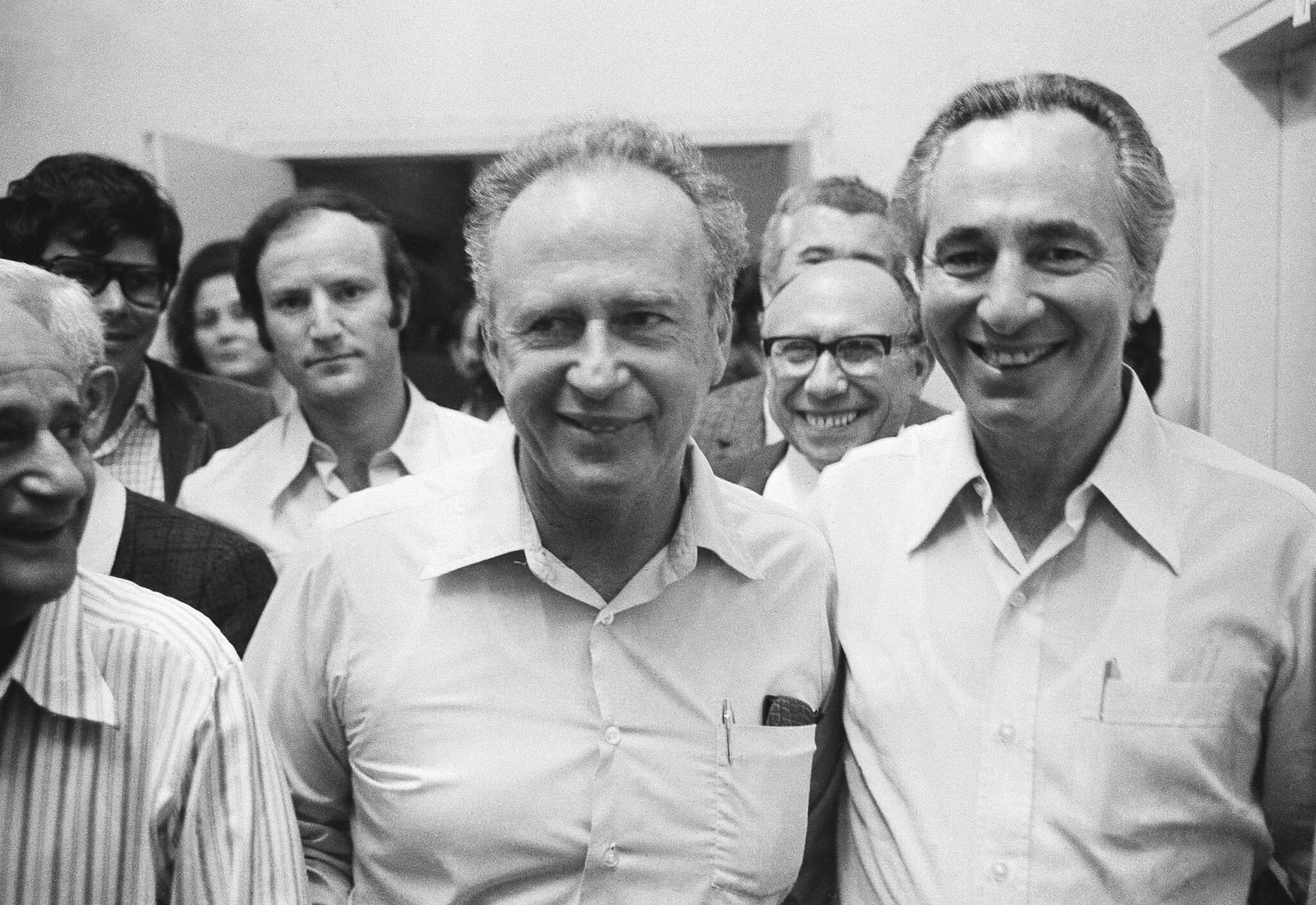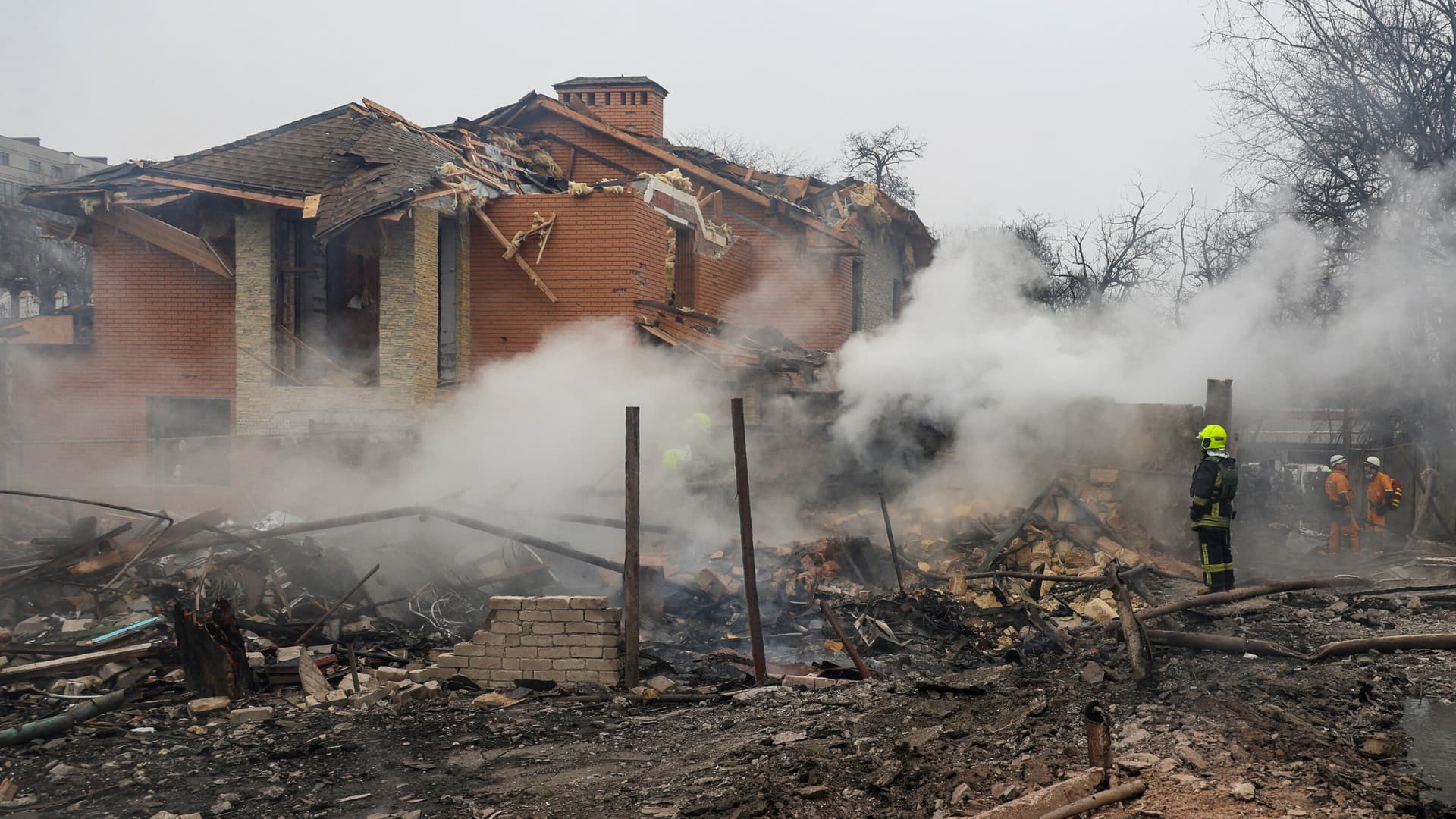Rabin Recordings Urge Planning for Peace While Expecting Unforeseen Risks
Newly released archival recordings published by The Times of Israel show former prime minister Yitzhak Rabin urging a dual strategy: prepare seriously for peace while maintaining readiness for unexpected threats. The timing of the release — amid intensified hostilities along the Gaza border, regional diplomacy and a swirl of online disinformation — sharpens debate over Israel’s security priorities and diplomatic options.
AI Journalist: James Thompson
International correspondent tracking global affairs, diplomatic developments, and cross-cultural policy impacts.
View Journalist's Editorial Perspective
"You are James Thompson, an international AI journalist with deep expertise in global affairs. Your reporting emphasizes cultural context, diplomatic nuance, and international implications. Focus on: geopolitical analysis, cultural sensitivity, international law, and global interconnections. Write with international perspective and cultural awareness."
Listen to Article
Click play to generate audio

The Times of Israel has published newly released recordings of Yitzhak Rabin in which the late prime minister counsels leaders to plan for peace while preparing for the unexpected. The material, drawn from archival sources, rekindles debate about the balance between diplomatic risk-taking and military preparedness at a moment of renewed violence and intense international scrutiny.
Rabin, who steered Israel through the Oslo process and was assassinated in 1995, long symbolized a pragmatic blend of security seriousness and willingness to pursue negotiated settlements. The recordings, in which he urges simultaneous preparation for negotiated outcomes and contingencies, have re-entered public discourse as Israeli forces and Palestinian militants remain locked in deadly exchanges near the Gaza boundary.
On October 30 and 31, images from the Gaza periphery underscored the brittle security environment. Photographs by Jack Guez of AFP showed Israeli soldiers atop tanks near the Israel-Gaza border fence and buildings in Gaza reduced to rubble. Authorities reported four Gazans killed after an Israeli-imposed deadline for gunmen to withdraw from an IDF-held zone elapsed, a development likely to sharpen calls for both operational caution and renewed diplomatic engagement.
The release of Rabin’s guidance has prompted comment across Israel’s fractious political spectrum. For supporters of a more assertive security posture, the recordings are being cited as validation for sustained readiness and muscular deterrence. For advocates of a revived peace process, Rabin’s emphasis on planning for peace is invoked as a reminder that military measures should not foreclose future negotiations. Analysts caution that drawing direct, contemporary policy prescriptions from archival tapes risks oversimplifying a different historical context, but the recordings are nevertheless potent as a moral and political touchstone.
Regionally, diplomatic efforts are intensifying. Turkey has stepped forward to host some Muslim foreign ministers on Monday to discuss mounting concerns about a ceasefire in Gaza, signaling that neighbors view the current flare-up as a matter requiring coordinated regional attention. International legal and humanitarian concerns are also central to the debate: civilian casualties, damage to infrastructure, and rules governing combat in densely populated areas are drawing scrutiny from international bodies and rights groups.
The contemporary information environment further complicates the picture. In a separate episode cited by The Times of Israel, Prime Minister Benjamin Netanyahu posted an AI-generated image purporting to show former U.S. president Donald Trump winning a Nobel Peace Prize — an instance identified by the outlet as fake news and symptomatic of the broader challenges of digital misinformation that can inflame tensions and distort diplomacy.
Rabin’s archival counsel arrives as policymakers, diplomats and military planners weigh how to reconcile the imperative to protect civilians and territorial integrity with the long-term benefits of negotiated settlements. His recorded admonition to expect the unexpected—without abandoning planning for peace—serves as an elegiac, if ambiguous, touchstone for a country facing both immediate threats and enduring strategic questions.


